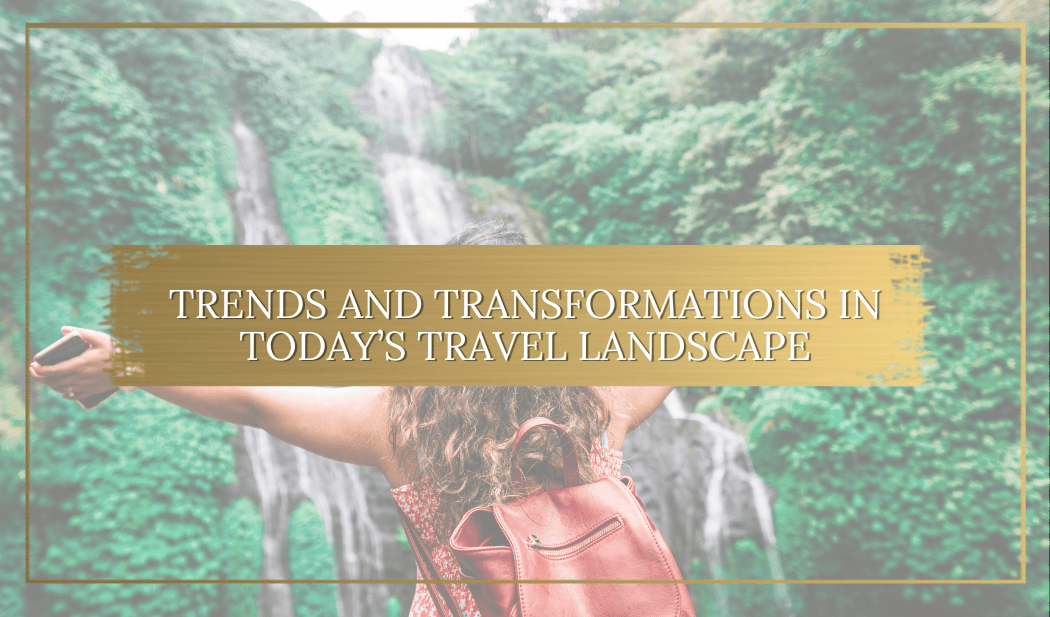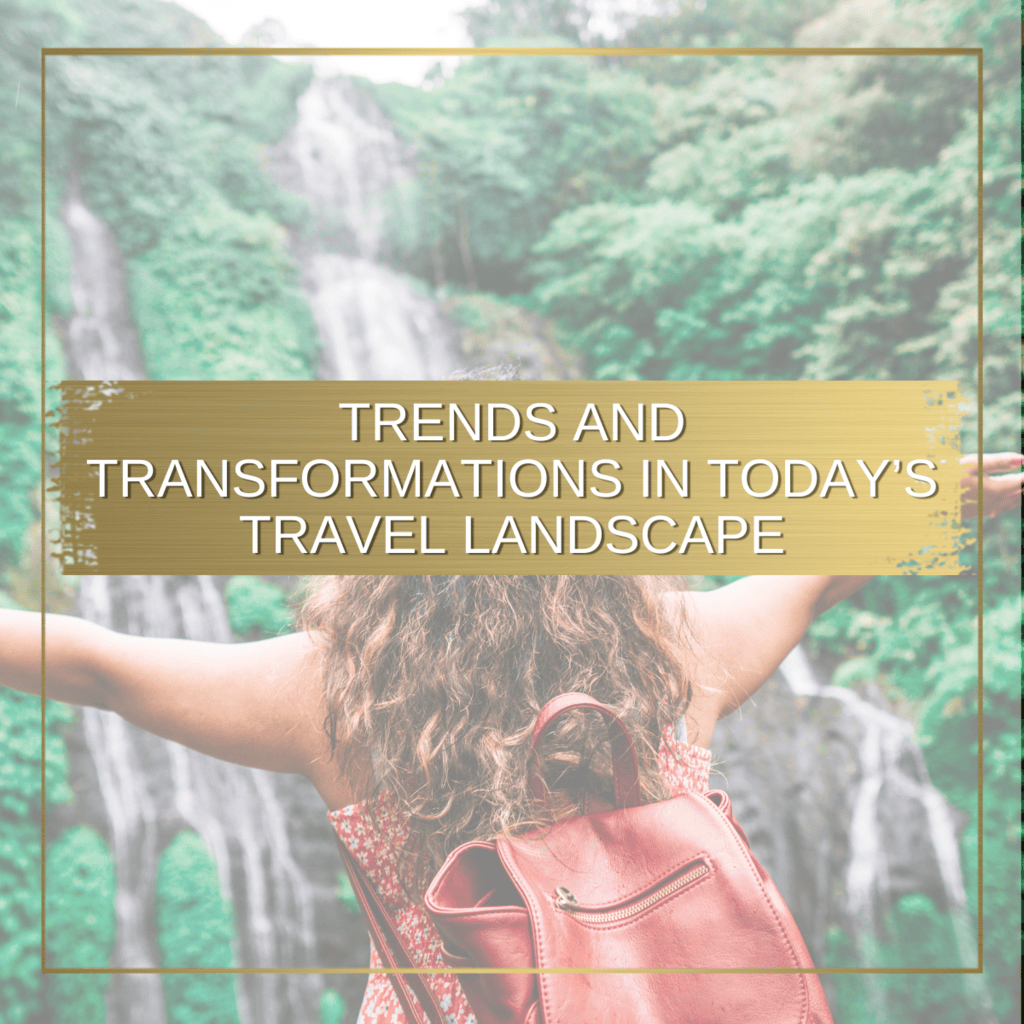
The travel industry is changing rapidly, reflecting technology, society, and the environment. This decade, several major trends are changing how we travel, making it more holistic. These trends are changing how, why, who, and what it means to travel today.
One of the most noticeable shifts is the increasing desire for exotic travel locations. This trend, driven by a desire for real experiences, shows the shift toward individualized and meaningful journeys. Travelers today want immersive experiences that link them to local cultures, cuisines, and communities, not simply tourist sites. The allure of the unknown is one aspect of the changing travel narrative, which includes many revolutionary developments.
The rise of sustainable and responsible travel
Travel planning now prioritizes sustainability. Tourists and industrial operators are growing more eco-conscious, which has led to an increase in eco-friendly lodgings, green transportation, and excursions that support local economies and ecosystems. Tourism can help preserve natural and cultural heritage for future generations and reduce carbon footprints.
Technology: The great enabler
Digital innovation is another key tourism trend. Technology makes travel more personalized and accessible, from AI-powered customization to virtual reality excursions. Digitally savvy travelers can book and board easily with mobile apps and platforms. Technology allows real-time updates and connectivity, which is essential in today’s unpredictable travel environment.
Shifts in demographics and preferences
The travel business is affected by shifting traveler demographics. Millennials and Gen Z dominate the market with varied tastes and habits. Adventure travel, voluntourism, and cultural exchange programs are rising as younger tourists value experiences over stuff. Multi-generational travel is also rising, with families seeking experiences for all ages and interests.
Health and wellness travel
Wellness and health now drive travel. Wellness tourism is rising with health-conscious living. Wellness retreats, spas, fitness, and healthy food are popular with travelers. Many visitors want serenity, tranquility, and spiritual enrichment for their physical and mental well-being. Traveling becomes a therapeutic experience when wellness is incorporated, reflecting a larger trend toward holistic health and self-care. This tendency reflects a broader cultural shift in favor of prioritizing well-being in all facets of life, meeting the needs of the individual, and seeking balance and serenity.
The new era of work and travel
Due to remote work, travel and work have blended. “Workcations,” where people work while traveling, are becoming trendy. This transition has increased demand for places with high-speed internet, work amenities, and leisure and relaxation. It changes how we view travel, breaking the work-vacation divide.
Luxury of personalization and exclusivity
Luxury travel is changing due to the desire for tailored and private experiences. Luxury travelers want customized itineraries that emphasize once-in-a-lifetime experiences. Private tours, premium eco-lodges, and tailored adventure travel are growing due to this trend. Luxury travel now means unique, real, individualized experiences that generate lasting memories. Luxury is changing to offer exclusivity and individuality at every level, making each vacation as unique as the guest.
Conclusion
Consumer behavior, technology, and environmental and social consciousness are changing the travel industry. Due to these trends, travel is becoming increasingly diverse, dynamic, and sustainable. As we manage these changes, we can expect more personalized, meaningful, and conscious travel. Our view of travel has changed to focus on the transforming experiences along the road rather than the goal.
Image attributed to Pexels.com
